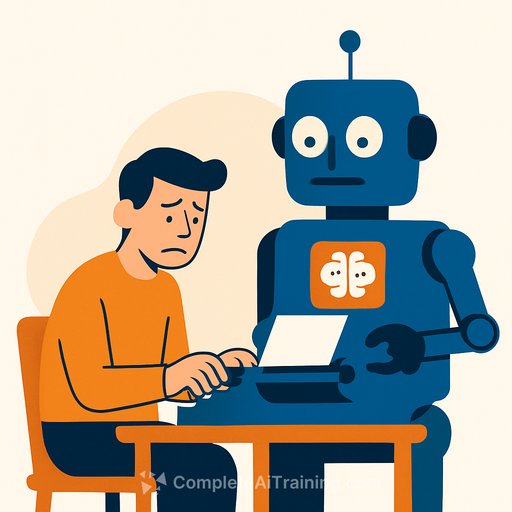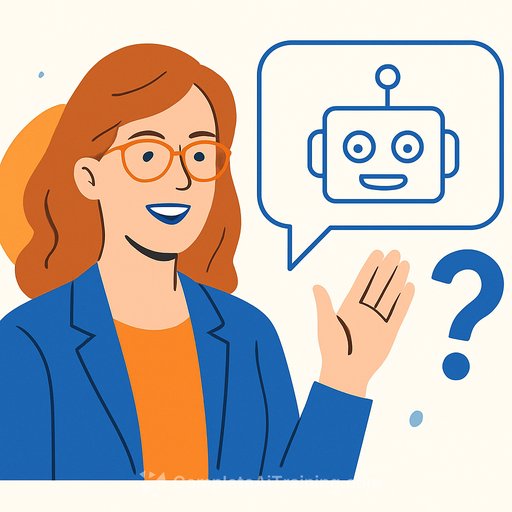ChatGPT Shaming Is Making Our Writing So Much Worse
In the current climate of A.I. suspicion, writers are avoiding em dashes, skipping metaphors, and even leaving typos in to prove their work is human. This trend is quietly reshaping how we write—and not always for the better.
Why Polished Writing Feels Suspicious
Once, a typo was a sign of carelessness. Now, it can be proof of authenticity. Writers hesitate to correct minor errors, fearing their polished prose might be mistaken for A.I.-generated text. The em dash, a favorite punctuation mark among writers, has become a red flag. Words like “delve,” “nestled,” and “boast” are being dropped because they're associated with A.I. output.
This paranoia extends beyond personal writing. Readers and writers alike scrutinize online content, searching for “ChatGPT tells.” The phrase “It’s not just X, it’s Y” is now avoided, as it’s seen as a giveaway of automated writing. Even academic professionals have been caught out—one professor mistook a pre-ChatGPT article for A.I.-generated work due to its polished style.
Typing With a Self-Conscious Mind
Many writers have adopted a stream-of-consciousness style to avoid suspicion. This means less editing, fewer stylistic flourishes, and more typos. Some professionals advise keeping small mistakes in public posts to signal human authorship. The irony is clear: errors once seen as flaws are now badges of authenticity.
Brands, nervous about SEO penalties, sometimes ask copywriters to remove em dashes and avoid certain “A.I.-like” words. Advice on how not to sound like a chatbot is flooding social media, but these “tells” often include standard writing techniques—like using transition words or listing three examples—that have been part of good writing for years.
The Cost of A.I. Shaming on Writing Quality
Suspicion of polished writing creates a strange paradox: writers want to produce clear, engaging content but fear it will be mistaken for A.I. This leads to self-censorship, which can harm the quality of writing. Students face this tension acutely, with some universities advising faculty to treat unusually flawless grammar with skepticism.
The stigma around A.I. use isn’t just academic. A study from Duke University found professionals hesitate to admit using A.I. tools because they fear being seen as lazy or less competent. Unlike traditional tools like Excel, generative A.I. is perceived as requiring no skill, which deepens the resistance.
When A.I. Language Becomes Our Language
Efforts to avoid “ChatGPT words” might be futile. Research from the Max Planck Institute shows podcasters and YouTubers have started using phrases popularized by A.I., like “delve,” even in unscripted conversations. This suggests A.I.’s influence is seeping into everyday language, shaping how we express ideas.
Experts warn that identifying A.I. writing by specific patterns is only temporarily useful. As training data changes, so will A.I. writing styles. Rather than chasing a moving target, writers might benefit more from focusing on thoughtful word choice and authentic voice.
Finding Balance in a Suspicious Era
Some writers welcome this shift towards more personal, less edited prose. The pressure to optimize for SEO once pushed many toward a slick, impersonal style. Moving forward, sharing ideas clearly and authentically may become the priority.
Instead of avoiding all the “ChatGPT tics,” we can use them as opportunities to reflect on our writing habits. Reducing formulaic structures isn’t just about dodging suspicion—it can be about making our writing sharper and more intentional.
In the end, leaving a typo in an email might no longer feel like a mistake but a subtle way to assert our human touch. And that’s a change worth considering.
Your membership also unlocks:






